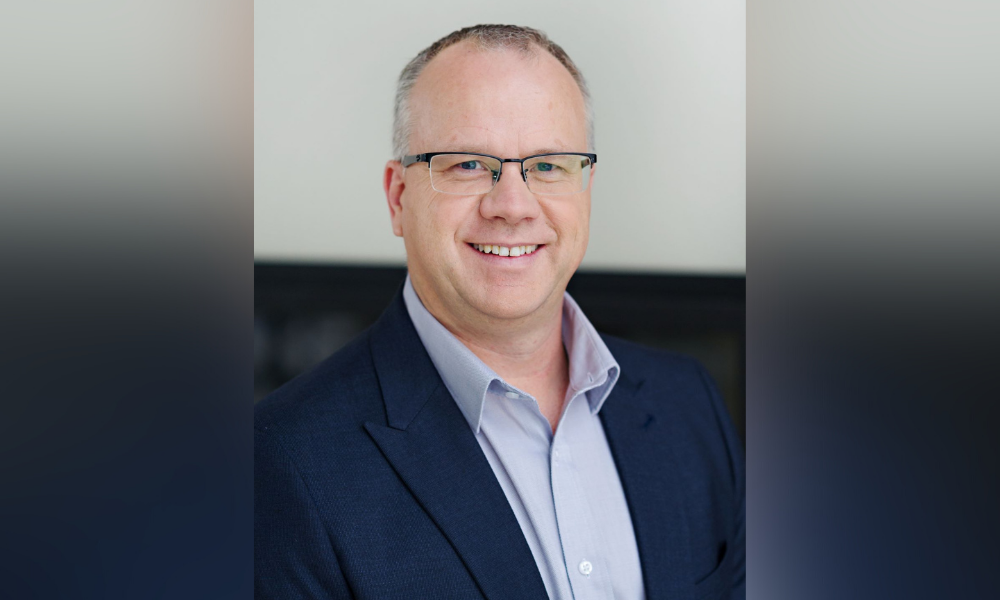Wealth advisor says clients are looking for more 'return on life'

With headlines touting the Great Resignation as a wind that’s blowing across all industries, it might be fair to assume that Canadian workers are getting swept up in the trend as well. But that’s not exactly what Brad Smith sees among his clients.
“They’re not necessarily getting caught up in it,” said the Senior Wealth Advisor, IPC Securities Corporation. “But they’re certainly revisiting their financial plans, and they're shifting their focus from long-term planning to more of the here and now.”
While the financial planning profession has traditionally been more about delaying gratification and planning for the future, Smith says the last couple of years during the pandemic has shifted the conversation somewhat. As more Canadians take the view that tomorrow isn’t promised, they’re asking whether they’re actually getting the best out of their life and their career.
“In conversations I've had with people in the past, they might say ‘I may not enjoy my job, but I'm going to stick it out for the sake of my future.’ But today, people are revisiting that. There’s more of an attitude where people say ‘I’m going to consider my career equally with my overall financial plan.’”
Smith is seeing those epiphanies occur in real time across two groups of clients. Among those who are three to 10 years away from retirement, there’s a lot more thinking around whether they want to punch out early. Over the past couple of years, Smith says he has had more conversations with clients considering early retirement, driven by a desire to live their life today than just putting it off for the future.
The second group, young professional clients, are also thinking more along those lines. But while near-retirees might have already invested and sunk more into their careers, Smith says the younger cohort are more willing to make alterations to their career path and their work-life balance to enjoy more now.
“As an example, one young professional that we worked with in the last couple years was thinking about resigning from his employer and exploring a different career,” he said. “After looking at his financial plan, and evaluating what he could afford and accomplish, he decided to revisit with his current employer.”
Realizing that they were about to lose a good employee who would be hard to replace, the employer worked with him to create a win-win situation. That client has relocated to the East Coast and now enjoys a much better balance of life and work.
“Before, so much was focused on career development, and climbing the corporate ladder, but people have shifted away from that a bit. They don't put as much emphasis in the institution or the corporation that they're working for, and they’re more likely to ask ‘what about me?’ It sounds narcissistic, but it’s really not,” Smith says.
The messaging at his practice, Smith says, focuses more on helping clients get a return on life now, as opposed to getting a good return on investment or return on life later. With many clients realizing just how much they’ve given up to their jobs or careers, that message is certainly resonating – and technology is helping to move the conversation forward.
“Over the last number of years, technology has really allowed us to show clients the impact of their options more quickly,” Smith says. “We’re helping them look at the various scenarios around where they work, where they live, their income, and their ability to save for the future, and we can see the different impacts of those potential decisions much faster.”
The advances in technology have been a game-changer for financial planning practices like Smith’s. With that advanced software, clients can see how moving to remote work, for example, can reduce commutes, missing time with family, and the other uncounted costs they may incur in their current life as an employee. By seeing the upside in a clear, concrete way, clients are more comfortable making those life decisions.
“That has really empowered them to make some of these decisions and to have these conversations within their family, and it's really allowed us to customize the advice that we're able to give to people,” Smith says.



